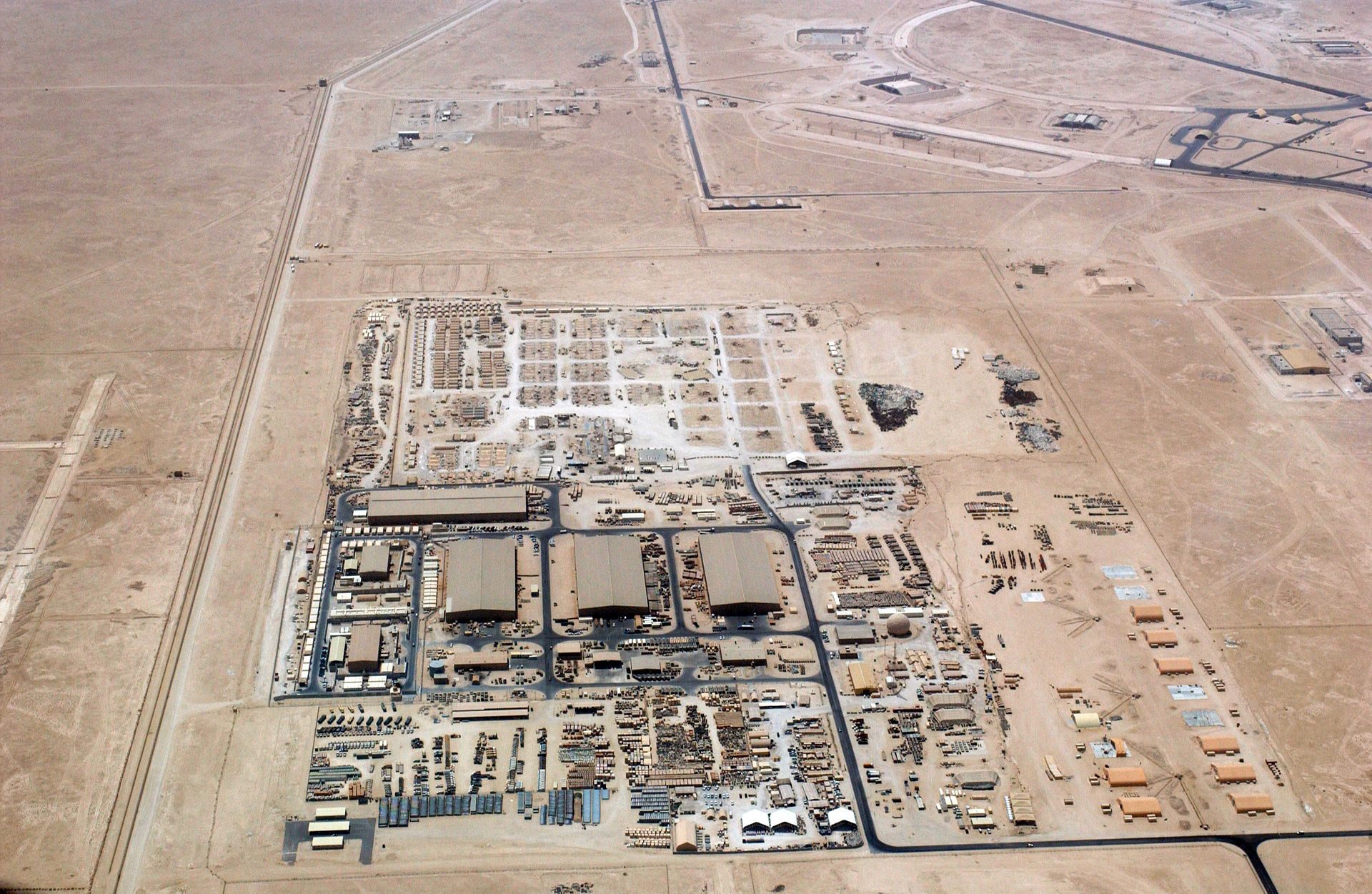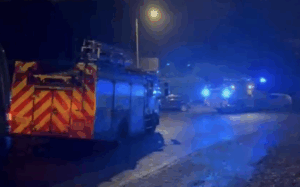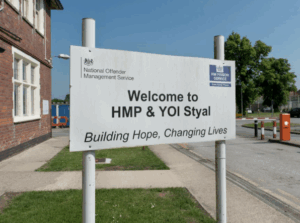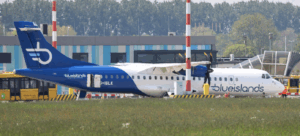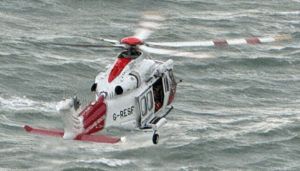Qatar Closes Airspace Amid Escalating Middle East Conflict
Qatar has officially shut down its airspace as military tensions between Iran, Israel, and the United States continue to spiral across the Middle East. The move comes just hours after the latest wave of missile attacks between Tehran and Jerusalem, with British and American nationals already being evacuated from regional danger zones.
A statement from Qatar Civil Aviation Authority (QCAA) confirmed the closure to all non-emergency and military air traffic, effective immediately. The shutdown is described as a “precautionary measure” in response to security threats and regional instability.
Flights Grounded, Airspace Empty
Commercial flight tracking services show a sudden drop in traffic over the Qatari peninsula. Flights from Hamad International Airport in Doha have either been diverted or cancelled. Qatar Airways has advised passengers to check with the airline for rebooking options.
Gulf airspace, one of the busiest air corridors linking Europe and Asia, is now heavily restricted. Neighbouring countries including Iran, Iraq, Jordan, and parts of Saudi Arabia have already implemented airspace controls over the past ten days, severely disrupting international travel.
UK Government Response
The British Foreign Office has advised UK nationals in Qatar to shelter in place and register for updates. Foreign Secretary David Lammy told Parliament this afternoon that 63 British citizens were airlifted from Israel to Cyprus earlier today, with more evacuation flights expected.
“This is a perilous moment in the Middle East,” Lammy said. “The safety of British nationals remains our top priority.”
Aviation Industry in Turmoil
Major airlines including Emirates, Qatar Airways, British Airways, and Lufthansa have already begun rerouting flights around the conflict zones. Global aviation analysts warn of significant disruption to cargo and passenger flights for the foreseeable future.
Strategic Importance of Qatar
Qatar is home to Al Udeid Air Base, a key U.S. military installation in the region. Security officials have been on heightened alert since coordinated U.S. and Israeli strikes targeted Iranian nuclear and missile facilities over the weekend.
With Iran vowing retaliation, countries hosting allied forces—including Qatar, Bahrain, and Kuwait—are bracing for potential reprisals or proxy threats.
What Travellers Should Do
- Check directly with airlines before travelling to or through the Middle East.
- Register with your local embassy and monitor travel advisories.
- If stranded, contact consular services for evacuation or emergency assistance.

